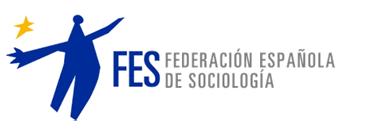Prácticas audiovisuales: un método Feminista Nuevo Materialista para una investigación educativa
Palabras clave:
Prácticas audiovisuales; Educación; Metodología; Teoría del Afecto; Feminismo Nuevo Materialista; Métodos VisualesResumen
Este artículo explora cómo las prácticas audiovisuales se repiensan como método desde una perspectiva que se nutre de los Feminismos Nuevo Materialistas, el Giro Afectivo y los Métodos Visuales y Artísticos. Para examinar cómo funciona el método, se parte de una sesión enmarcada dentro del trabajo de campo del proyecto MiCreate. Esta sesión se lleva a cabo con un grupo de sexto de primaria en una escuela de Barcelona. A partir del caso de estudio, se deriva que filmar resulta una experiencia afectiva de conocimiento. Es un método situado en la experiencia que afecta al campo de estudio y, al mismo tiempo, se construye en su relación con él. Además, permite centrarse en los cuerpos, movimientos y afectos de la experiencia desde la parcialidad del visor. El método modifica los poderes de actuación de las investigadoras y participantes, habilitando respuestas y capacidades críticas afectivas y afirmativas para generar conocimiento en relación al método en sí mismo, la investigación y la experiencia contextualizada.
Descargas
Descargas
Publicado
Número
Sección
Licencia
Todos los trabajos publicados en la revista Sociología y Tecnociencia se distribuyen bajo una Licencia Creative Commons Atribución 4.0 Internacional (CC BY 4.0).
Los autores continúan como propietarios de sus trabajos, y pueden volver a publicar sus artículos en otro medio sin tener que solicitar autorización, siempre y cuando indiquen que el trabajo fue publicado originariamente en la revista Sociología y Tecnociencia.


